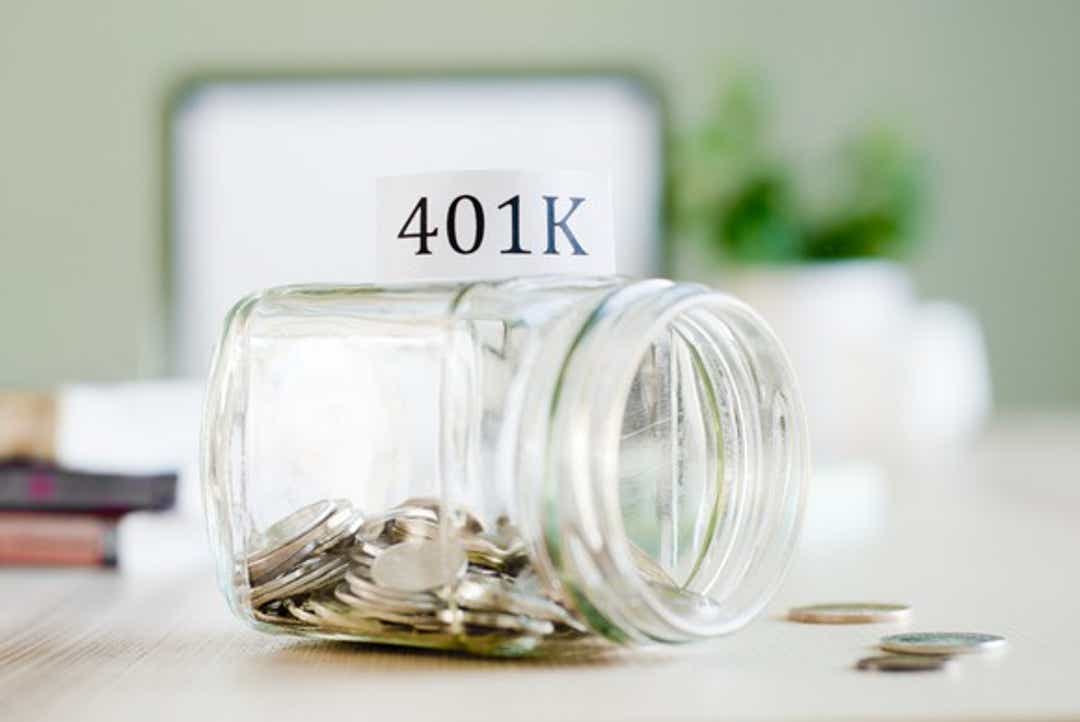The stock market has shaken off its jitters over Iran, but analysts say investors could still be in for a bumpy ride this year.
Stocks are back near records, a sharp turnaround after Iran's missile attacks sent futures tumbling Tuesday evening. Major averages rebounded midweek after President Donald Trump said the U.S. doesn't seek a war with Tehran.
As investing pros looked ahead at the end of last year, they saw a 2020 full of uncertainty — something investors hate — because of trade tensions with China and a presidential election in the U.S.. Now hostilities with Iran have thrown another unsettling element into the mix.
“Investors have to stay the course because it will likely be a volatile year,” says Ephie Coumanakos, co-founder and managing partner of Concord Financial Group.
20 stocks to buy in 2020: Apple, Amazon and Disney are among favorites
Taxes 2020: Here are the top IRS challenges for Americans
Investors are turning their attention to a series of events this week that could serve as the next catalysts for volatility. A "Phase 1" trade accord with China is expected to be signed, but the two sides haven't finalized a deal yet.
Earnings season, meanwhile, kicks off with several large banks like JPMorgan Chase, Wells Fargo and Citigroup reporting financial results. The conflict with Iran will likely have little impact on companies' bottom lines, but corporations will need to show profit growth to justify high stock valuations, analysts say.

What Iran tensions mean for stocks
Tensions with Iran haven’t set off alarm bells just yet. A closely watched “fear gauge,” known as the VIX, was little changed Friday after falling for four consecutive trading sessions, a sign that investors remain calm.
But geopolitical concerns could return, analysts caution. The U.S. hit Iran with new sanctions Friday after President Donald Trump sought to de-escalate hostilities earlier in the week.
Moody’s Investor Service warned that a prolonged conflict with Iran could have broad economic and financial shocks to the global economy. Tensions with Iran briefly caused a spike in oil prices. The energy sector would benefit from higher oil prices, but shipping and manufacturing companies could see their profits squeezed if gasoline prices rise.
It could also weigh on Americans' spending habits.
“If prices rise at the pump, it could raise concerns about consumers' spending power if people have to shell out more money for gas," says Yung-Yu Ma, chief investment strategist at BMO Wealth Management.
Still, volatility will likely be short-lived, if history is any indication. The S&P 500 index has lost 5% on average in 20 major geopolitical events since Pearl Harbor, according to LPL Financial. The index recovered those losses in fewer than 50 calendar days on average, the data showed.
Check-in on your portfolio
The start of a new year is a good time to check that portfolio allocations are in line with long-term goals, experts say.
Americans are living longer, which means that retirees need to make their savings and investments last longer. Financial planners have traditionally favored the age-old "60-40" rule, which means 60% of a portfolio is in stocks and 40% in bonds. But that's changing largely due to rock bottom interest rates. Bonds are unlikely to thrive when borrowing costs are low, they said.
Some investors are taking solace in dividends stocks that can provide growth potential if volatility picks up.
Brandon Pizzurro, portfolio manager at GuideStone Capital Management, says investors should look beyond traditional "safety stocks" that typically pay high dividends like consumer staples, real estate and utilities because they've gotten pricey recently. He favors medical device companies for their growth prospects. They've been a bright spot in the health-care sector and tend to be less volatile than pharmaceutical companies.
It's unlikely that stocks will repeat 2019's double-digit returns, some analysts say. That means some investors should consider rebalancing their portfolios, which have likely become riskier after the stock market’s strong run last year, according to portfolio managers.
"Last year was an outlier and those gains don't come around very often," Pizzurro says. "Investors that stay invested appropriately are the ones that will come out ahead."
Business - Latest - Google News
January 13, 2020 at 12:02PM
https://ift.tt/2tTh3ws
Stock market shakes off Iran jitters for now, but investors could still be in for a bumpy ride in 2020 - USA TODAY
Business - Latest - Google News
https://ift.tt/2Rx7A4Y
Bagikan Berita Ini















0 Response to "Stock market shakes off Iran jitters for now, but investors could still be in for a bumpy ride in 2020 - USA TODAY"
Post a Comment